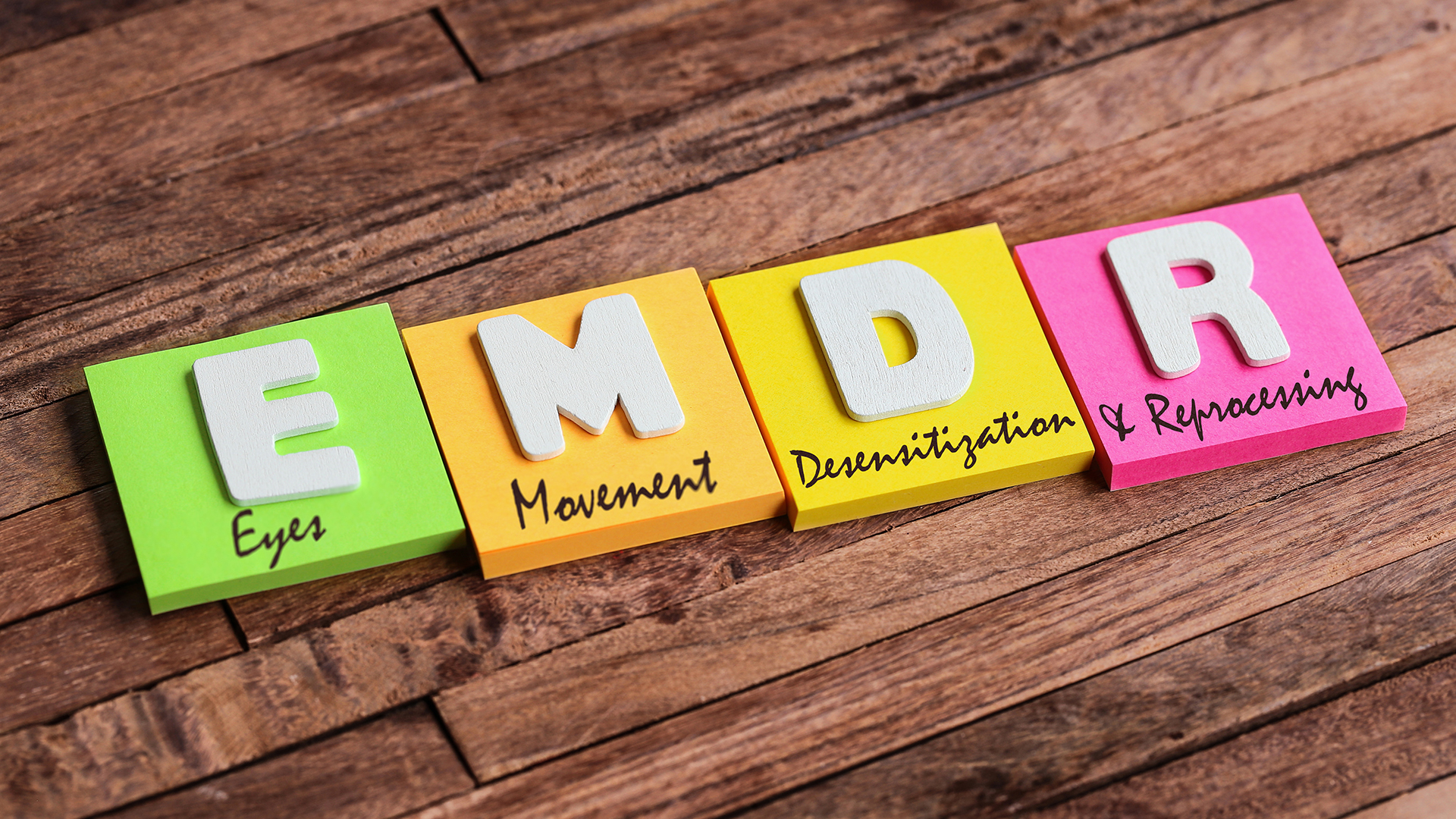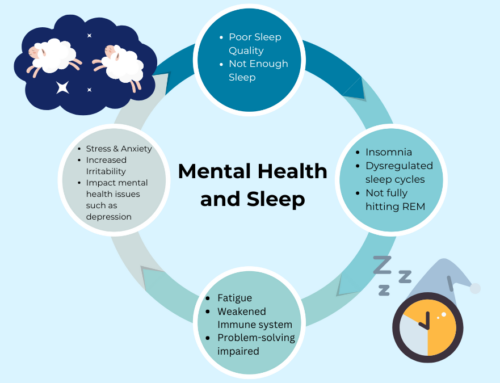Eye movement desensitization and reprocessing is a psychotherapy treatment that is designed to alleviate the distress associated with traumatic memories. It is proven to help clients recover from trauma and other distressing life experiences including PTSD, anxiety, depression, and panic disorders.
EDMR is different than other treatments in that it doesn’t require talking in detail about the distressing issue. It does focus on changing the emotions, thoughts or behaviors resulting from the distressing issue which allows the brain to resume its natural healing process. It is designed to resolve unprocessed traumatic memories in the brain.
Our brains have a natural way of recovering from a traumatic event or memory. This involves communication from different parts of the brain such as the amygdala, the hippocampus, and the prefrontal cortex. Stress responses are part of our natural fight or flight instincts and when distress from a disturbing image remains, those upsetting images or emotions may create that overwhelming feeling of being back in that moment or “frozen in time”. EDMR therapy will help the brain process these memories and allow for natural light.
During EMDR therapy, the client gives attention to the past, present and future. The client`s focus is given to past disturbing memories or related events. It can also give focus on current situations that may cause distress to the client. This is addressed with a treatment approach including eight different phases.
Eight different phases of EMDR therapy
Phase 1: History and treatment planning
An EMDR counselor will first review any history of the client and decide where the client is in the treatment process. This phase will also include the client talking about the trauma and identifying potential traumatic memories to treat specifically.
Phase 2: Preparation
An EMDR counselor will then help the client learn several different ways to cope with the emotional or psychological stress that the client is experiencing. Stress management techniques such as deep breathing and mindfulness may be used.
Phase 3: Assessment
An EMDR counselor will identify the specific memories that will be targeted and all the associated components such as the physical sensations that are stimulated when the client concentrates on an event for each target memory.
Phases 4-7: Treatment
An EMDR counselor will then begin using EMDR therapy techniques to treat your targeted memories. During these sessions, the client will be asked to focus on a negative thought, memory, or image and then the therapist will simultaneously have you do specific eye movements. The bilateral stimulation may also include taps or other movements mixed in. After the bilateral stimulation, the therapist will ask the client to let their mind go blank and notice the thoughts and feelings they are having spontaneously. After the client identify these thoughts, the therapist may have the client refocus on that traumatic memory or move on to another.
If the client starts to become distressed, the EMDR counselor will help bring back to the present before moving on to another traumatic memory. Over time, the distress over thoughts, images, or memories should start to fade.
Phase 8: Evaluation
In the final phase, the client is asked to evaluate your progress after these sessions.
EMDR therapy is safe, with many fewer side effects than those of prescription medications. It often takes several sessions to treat PTSD with EMDR therapy. The beginning of therapy may be exceptionally triggering to people starting to deal with traumatic events, specifically because of the heightened focus. EMDR therapy has proven to be effective in treating trauma and PTSD. It may also be able to help treat other mental conditions like anxiety, depression, and panic disorders.
Interested in EMDR therapy? Contact our Winter Park counseling center today to get started!
Related Articles
Start Living Constantly Healthy Today
Same Day Therapy with Weekend & Evening Availability







